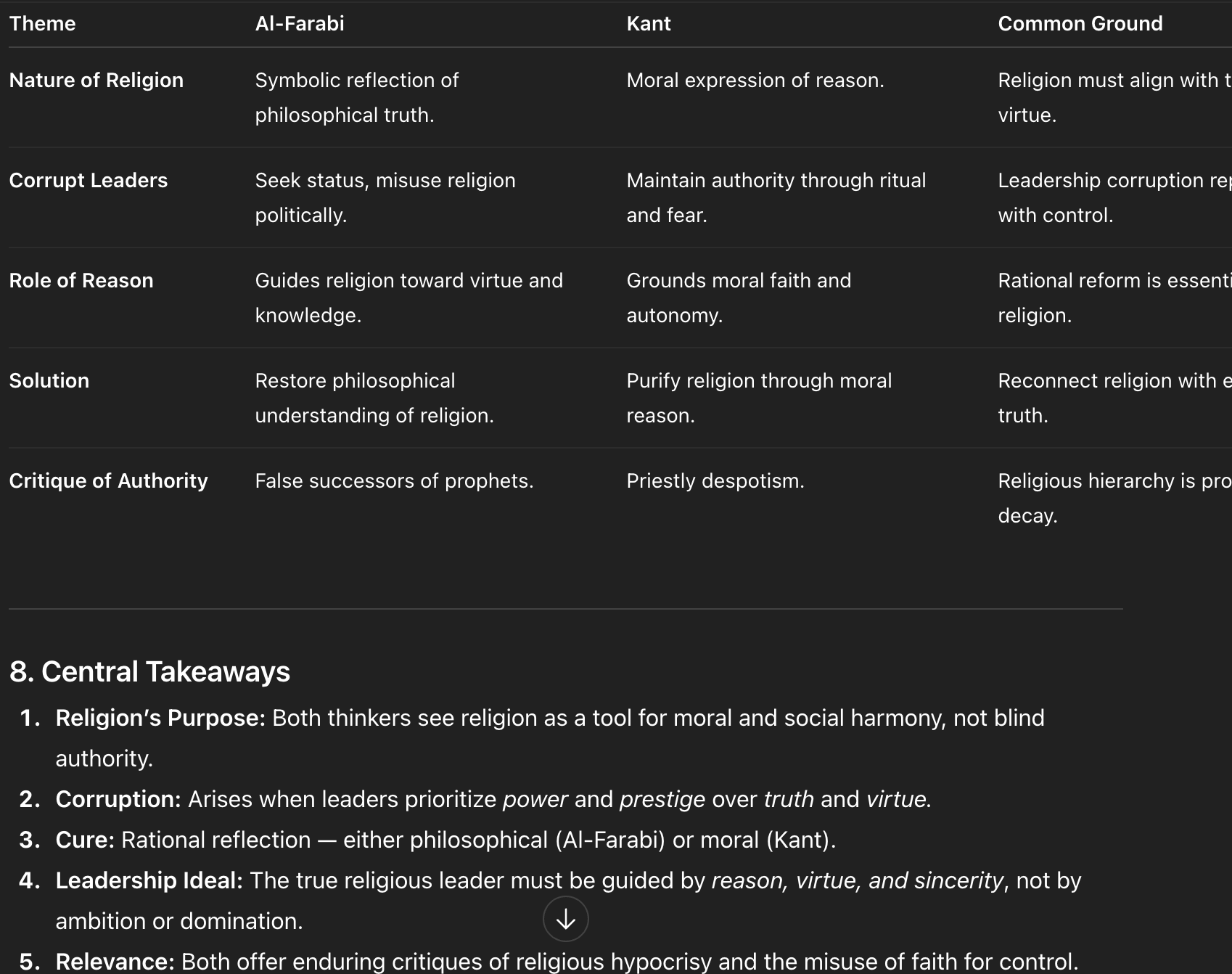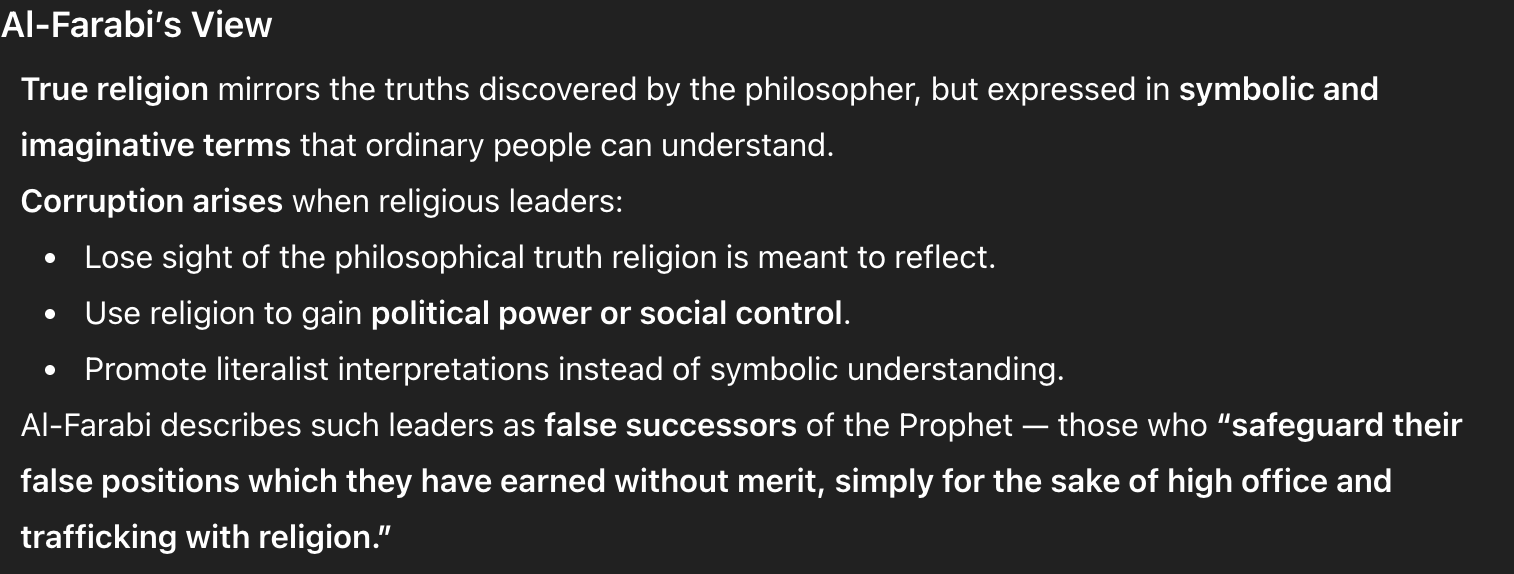Philosophy of Religion Exam 2: readings and general information
1/37
There's no tags or description
Looks like no tags are added yet.
Name | Mastery | Learn | Test | Matching | Spaced | Call with Kai |
|---|
No analytics yet
Send a link to your students to track their progress
38 Terms
Mackie identifies a “problem in logical inconsistency”, a triad of evil, among which is a proposition of traditional theism?
God is omnipotent; God is wholly good; evil exists
What is the logical problem of evil?
If God is good, He would want to eliminate evil, and if God is omnipotent, He could eliminate evil yet evil exists; Therefore, a God either does not exist, or does not possess all these attributes at once.
Claim: God cannot exist without evil
Mackie’s response: This limits God’s power as it implies that even God is bound by logical necessity to create evil if He wants good. If He’s omnipotent, He should be able to create good without evil or creatures who always freely choose good.
Claim: Evil leads to greater goods
Mackie’s response: A truly omnipotent being could create those goods without needing evil as a means. Saying otherwise again restricts God’s power.
Claim: The universe is better with some evil in it
Mackie’s response: If so, then God is still choosing evil for a better total outcome, which seems to compromise His moral perfection.
Claim: Evil results from human free will, which is a great good; even God couldn’t make free creatures who always do right.
Mackie’s response: If God is omnipotent, He could have made free beings who always freely choose good, however He couldn’t do that as it limits His omnipotence, therefore, free will does not solve the logical problem.
Claim: Evil comes from matter or from God’s necessary limitations in creation.
Mackie’s reply: Then God is not omnipotent, since He is bound by necessity or the nature of matter.
Adequate solution
One that rejects or alters one proposition to remove contradiction.
Fallacious Solution
One that keeps all three but changes meanings or adds flawed assumptions.
Mackie’s goal
To show that traditional theism is logically inconsistent, not just unlikely.
Rowe’s claim regarding gratuitous evil
There exist instances of intense suffering which an omnipotent, omniscient being could have prevented without thereby losing some greater good or permitting an equally bad or worse evil (fawn dying in woods)
Rowe’s thoughts on skeptical theism
He argues that belief that God’s reasons are beyond our understanding weakens our rational belief in God’s existence. If we have no idea why evils occur, it becomes harder to claim that belief in a good, omnipotent God is reasonable.
Friendly athiesim
Accepts that some theists can be rationally justified in believing in God, even if that belief is false.
Unfriendly atheism
Holds that belief in God is irrational given the evidence of evil.
Indifferent atheism
Doesn’t concern itself with the rationality of theism at all.
Evidential vs. Logical Problem
Focus on probability instead of contradiction
Rowe’s conclusion
The amount/kind of suffering in the world makes it highly improbable (though not impossible) that an all-powerful, all-good God exists. Yet, he maintains that some theists can still be rational in their faith (makes him a friendly atheist).
Ordinary evils
Pain, illness, disappointment — can be “balanced out” by good.
Horrendous evils
So extreme they seem to swallow up all personal meaning and values
Marilyn Adams question of belief
Can belief in a perfectly good, loving God make sense if the world contains horrors of this magnitude, and how can God remain loving towards the individual enduring such suffering
Adam’s central claim
Defeat, Not Just Compensation: God’s goodness toward individuals requires defeating horrendous evil, not merely compensating for it.
How Adam’s proposes God can defeat horrendous evil
Having an intimate, beatific relationship with God is the ultimate good as this relationship can engulf and transform even the worst suffering. God can personally integrate each person’s horrors into their eternal life story, giving it meaning within divine love.
Theodicy
An attempt to reconcile the existence of God with the existence of evil.
Adams argument
Horrendous evils challenge belief in God’s goodness more than His existence, but divine goodness can ultimately defeat even the worst suffering. Not by erasing it, but by weaving it into a redeemed relationship between God and each person.
Euthyphro Dilemma
Is something good because God commands it, or does God command it because it is good?”
The Dependency Thesis
The claim that moral truths or properties depend on God in some deep or essential way
Arbitrariness Problem
If God’s commands alone make things right/wrong, He could command cruelty and it would be “good.”
Moral Reasoning Problem
If moral truths depend only on divine order, humans can’t understand or reason morally, only obey.
Modal Problem
If morality depends on commands, moral truths become contingent — they could’ve been different
Jordan’s solution (abridged)
Replace “commands” with “attitudes.”


Virtuous City
Ideal society governed by reason and moral leadership (Al-Farabi)
True vs. Ecclesiastical Religion
Moral faith vs. institutionalized, ritualistic religion (Kant)
Trafficking with Religion
Al-Farabi’s critique of leaders exploiting faith for political ends.
Priestly Despotism
Kant’s term for authoritarian religious control that suppresses reason.
Rational Religion
Religion purified through reason, morality, and truth-seeking.
